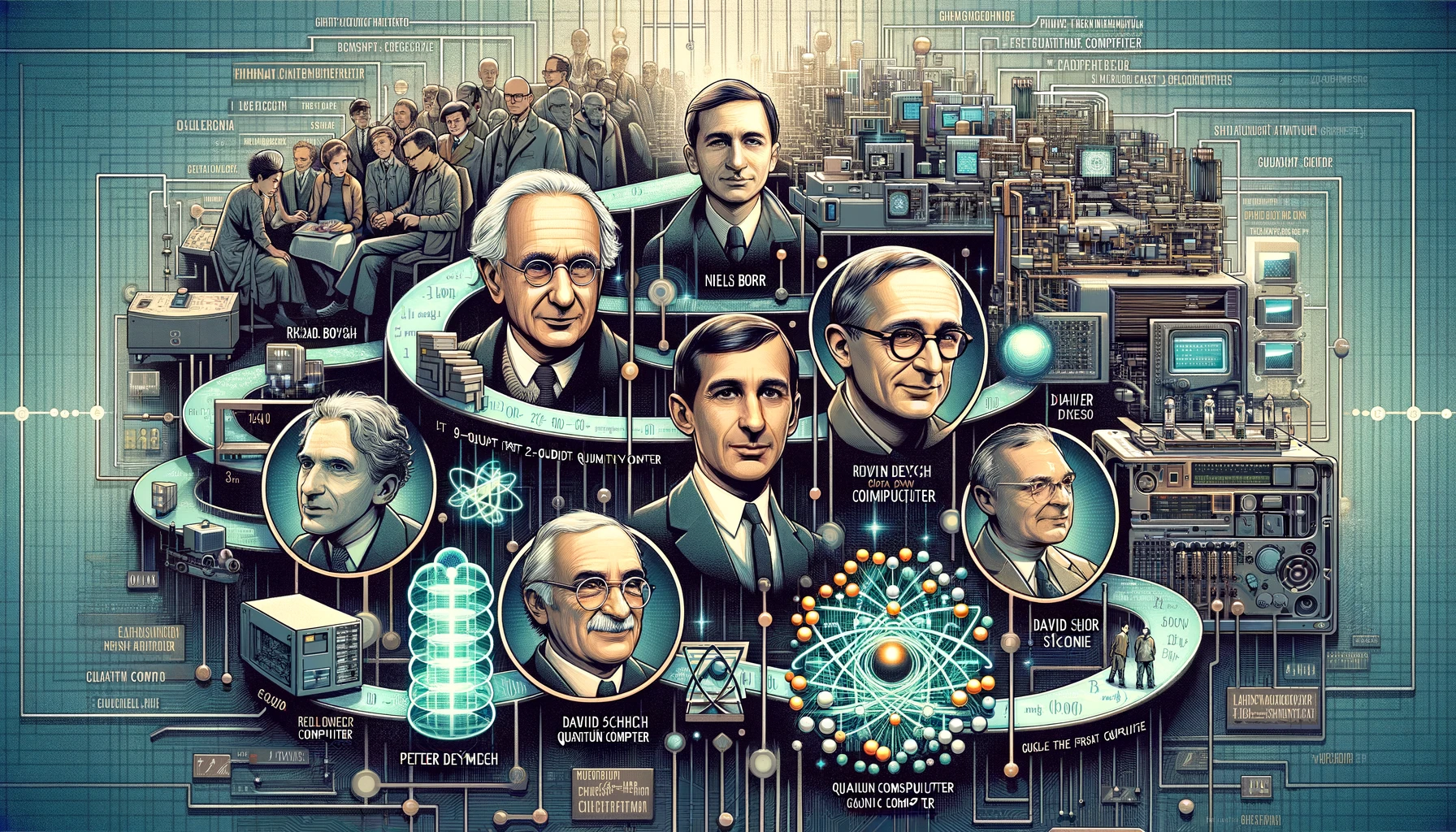Google's Sycamore quantum computer represents a significant leap in the field of quantum computing, a domain that has promised to revolutionize how we process information. This article delves into the intricacies, implications, and potential of the Sycamore quantum computer, exploring its technology, achievements, and future prospects.
Background and Development
Quantum computing, unlike classical computing, operates on the principles of quantum mechanics. Traditional computers use bits as the basic unit of information, represented as either 0 or 1. Quantum computers, however, use quantum bits or qubits, which can exist in multiple states simultaneously, thanks to quantum phenomena like superposition and entanglement.
Google's foray into quantum computing led to the development of Sycamore. It is a 54-qubit processor, although one of these qubits is not used, leaving an operational array of 53 qubits. This design allows the computer to perform complex calculations much faster than traditional computers.
Quantum Supremacy
A pivotal moment for Sycamore and Google's quantum computing efforts was the achievement of "quantum supremacy." This term refers to a quantum computer's ability to solve a problem that is practically impossible for a classical computer to solve in a reasonable amount of time. In 2019, Google announced that Sycamore had achieved quantum supremacy by performing a specific computation in 200 seconds that would take the world's most powerful supercomputer approximately 10,000 years to complete.
Implications and Applications
The achievement of quantum supremacy by Google's Sycamore is not just a technological milestone but also opens up a plethora of possibilities:
- Scientific Research: Quantum computers like Sycamore can significantly accelerate research in fields like materials science, pharmaceuticals, and energy, by efficiently simulating molecular and chemical reactions.
- Cryptography: Quantum computing has the potential to break current encryption methods. However, it also paves the way for developing quantum-resistant encryption techniques.
- Optimization Problems: Industries that deal with complex optimization problems, such as logistics and manufacturing, could greatly benefit from the advanced computational capabilities of quantum computers.
- Artificial Intelligence: Quantum computing can potentially enhance machine learning algorithms, making AI more powerful and efficient.
Challenges and Future Directions
Despite its advancements, quantum computing and Sycamore face significant challenges:
- Error Rates: Quantum qubits are prone to errors due to their highly sensitive nature. Reducing these error rates is crucial for the practical application of quantum computers.
- Scalability: Building quantum computers with more qubits is challenging due to issues like qubit interference and the need for extremely low temperatures.
- Practical Applications: Finding practical and commercially viable applications for quantum computers is an ongoing challenge.
As for future prospects, Google and other tech giants continue to invest heavily in quantum computing research. The focus is on improving qubit stability, error correction techniques, and developing algorithms that can harness the power of quantum computing for practical applications.
Conclusion
Google's Sycamore represents a landmark in the evolution of computing technology, marking the transition from theoretical to practical quantum computing. While it has opened doors to numerous possibilities, it also presents new challenges and questions, especially concerning cybersecurity, computational ethics, and the future of AI. As research and development in this field continue to advance, the full scope and impact of quantum computing remain to be seen.




